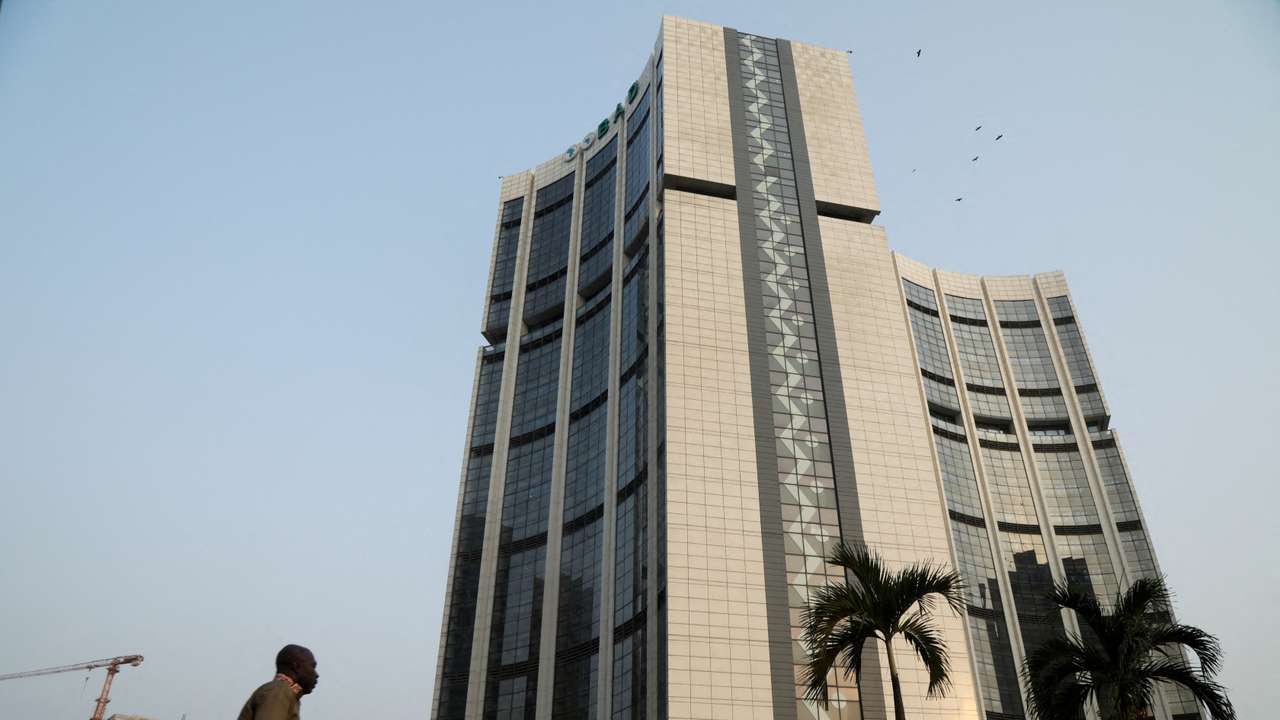The agreement was signed by Solomon Quaynor, Vice President for Private Sector, Infrastructure and Industrialisation at the African Development Bank, and Dr Uzziel Ndagijimana, Rwanda's Minister of Finance and Economic Planning, during the African Development Bank's Annual Meetings.
According to AfDB, the agreement will enable Rwanda to raise €200 million competitively from international commercial banks, diversifying its funding sources and strengthening its position in the global financial market. This guarantee is further aligned with Rwanda's national strategy for transformation (2017-2024) and Vision 2050, establishing the country as a credible sustainable borrower.
“We are delighted to continue our partnership with the Government of Rwanda in its efforts to promote green and inclusive growth in line with its Vision 2050. This guarantee from the African Development Fund will enable Rwanda’s inaugural access to financing under its Sustainable Finance Framework at competitive terms,” said Solomon Quaynor.
The proceeds from this guarantee will be allocated to various green and social initiatives, including renewable energy, climate adaptation and mitigation, disaster risk reduction and management, biodiversity conservation, energy efficiency, forestry, food security, health and wellbeing, affordable housing, and access to social services projects.
Rwanda has already made significant strides in green and social initiatives. Notably, the country aims to increase electricity access to 100% of the population by the end of 2024, focusing on renewable energy sources like hydro, solar, and geothermal power.
The capital, Kigali, is also being developed as a green city, focusing on sustainable urban planning, green spaces, and eco-friendly infrastructure.
Rwanda has also made significant progress in forest conservation, aiming to maintain at least 18% of its land under forest cover. These efforts demonstrate the country's dedication to protecting natural resources and promoting sustainable development.
